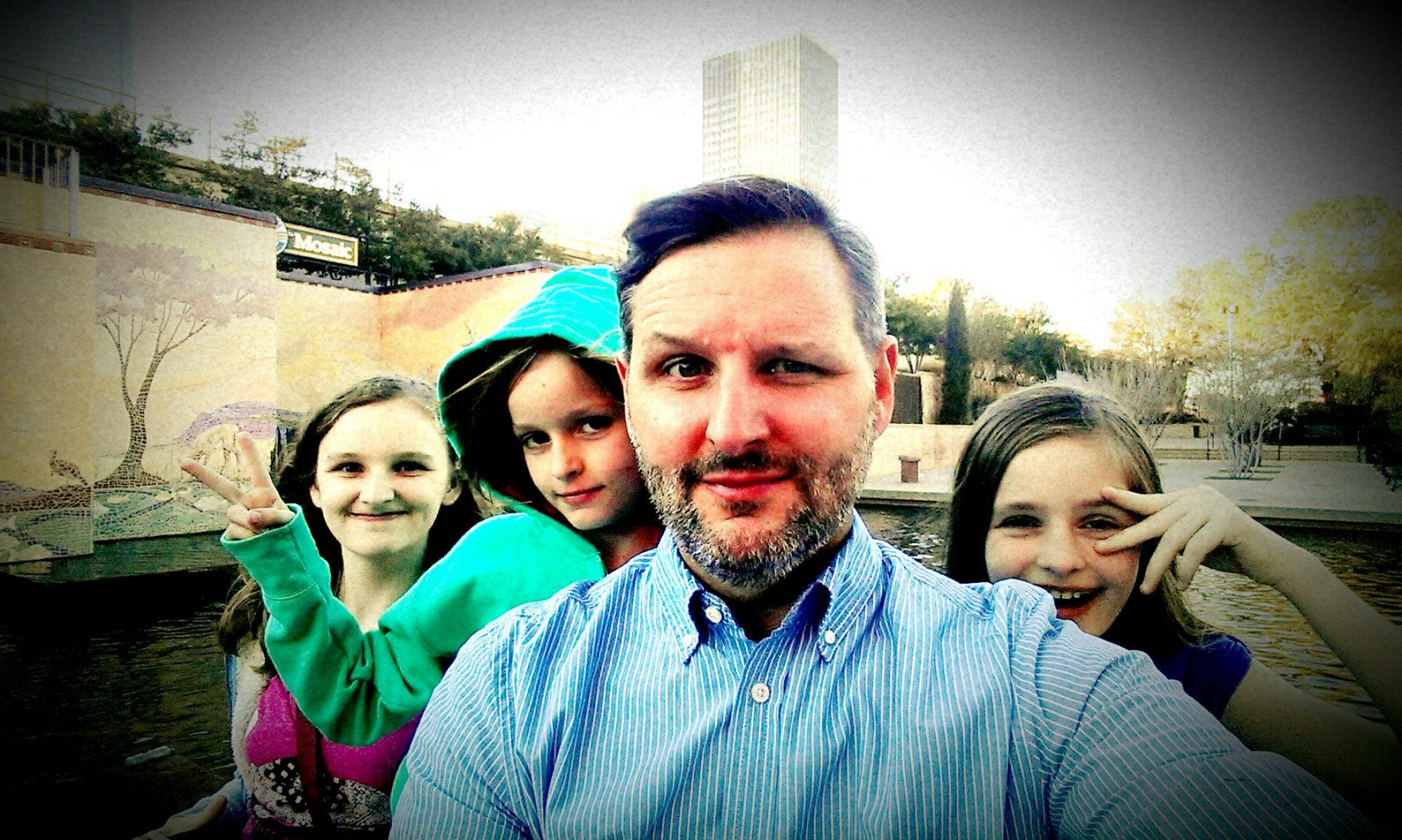but Jesus went to the Mount of Olives. Early in the morning he came again to the temple. All the people came to him, and he sat down and taught them. The scribes and the Pharisees brought a woman who had been caught in adultery, and placing her in the midst they said to him, “Teacher, this woman has been caught in the act of adultery. Now in the Law Moses commanded us to stone such women. So what do you say?”This they said to test him, that they might have some charge to bring against him. Jesus bent down and wrote with his finger on the ground.And as they continued to ask him, he stood up and said to them, “Let him who is without sin among you be the first to throw a stone at her.” And once more he bent down and wrote on the ground. But when they heard it, they went away one by one, beginning with the older ones, and Jesus was left alone with the woman standing before him. Jesus stood up and said to her, “Woman, where are they? Has no one condemned you?” She said, “No one, Lord.” And Jesus said, “Neither do I condemn you; go, and from now on sin no more.”
One of the benefits of being an atheist is that I can draw from all religious traditions. I am partial to the Jesus portrayed in the New Testament. The guy is compassionate and tried to get people to just be good. One of the most important lessons though is our need to not judge to harshly and forgive whenever possible. It is better to let go of hate and anger rather than carry it around. This is also an tenet of Taoism and Buddhism. In the case of Jesus, he simply reminds us that none of us are perfect; that we each make mistakes sometimes many mistakes, but if you can learn from it and not do it again, he’s ok with you.
Ozymandias
I met a traveller from an antique land
Who said: Two vast and trunkless legs of stone
Stand in the desart. Near them, on the sand,
Half sunk, a shattered visage lies, whose frown,
And wrinkled lip, and sneer of cold command,
Tell that its sculptor well those passions read
Which yet survive, stamped on these lifeless things,
The hand that mocked them and the heart that fed:
And on the pedestal these words appear:
“My name is Ozymandias, king of kings:
Look on my works, ye Mighty, and despair!”
Nothing beside remains. Round the decay
Of that colossal wreck, boundless and bare
The lone and level sands stretch far away.
~Percy Bysshe Shelley (1819)
Industrial Decalogue
- You cannot bring about prosperity by discouraging thrift.
- You cannot strengthen the weak by weakening the strong.
- You cannot help little men by tearing down big men.
- You cannot lift the wage earner by pulling down the wage payer.
- You cannot help the poor by destroying the rich.
- You cannot establish sound security on borrowed money.
- You cannot further the brotherhood of man by inciting class hatred.
- You cannot keep out of trouble by spending more than you earn.
- You cannot build character and courage by destroying men’s initiative and independence.
- You cannot help men permanently by doing for them what they can and should do for themselves.
Rev. William John Henry Boetcker 1916
Couple of great quotes.
“Suburbia is where the developer bulldozes out the trees, then names the streets after them.” ~ Bill Vaughan
Age is opportunity no less
Than youth itself, though in another dress,
And as the evening twilight fades away
The sky is filled with stars, invisible by day.
Henry Wadsworth Longfellow (1807 – 1882)
John Adams / letter to Thomas Jefferson
“Hope springs eternal. Eight millions of Jews hope for a Messiah more powerful and glorious than Moses, David, or Solomon; who is to make them as powerful as he pleases. Some hundreds of millions of Mussulmans expect another prophet more powerful than Mahomet, who is to spread Islamism over the whole earth. Hundreds of millions of Christians expect and hope for a millennium in which Jesus is to reign for a thousand years over the whole world before it is burnt up. The Hindoos expect another and final incarnation of Vishnu, who is to do great and wonderful things, I know not what. You and I hope for splendid improvements in human society, and vast amelioration in the condition of mankind. Our faith may be supposed by more rational arguments than any of the former.”
John Adams / letter to Thomas Jefferson
September 24, 1821
